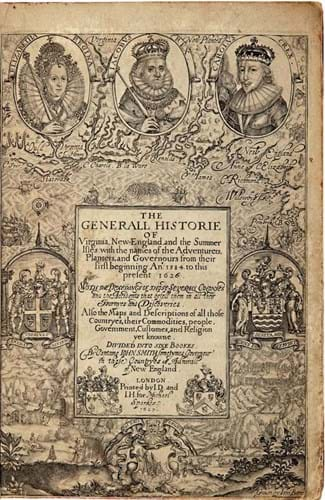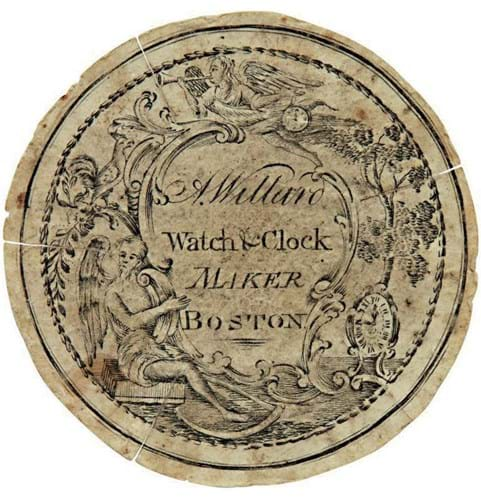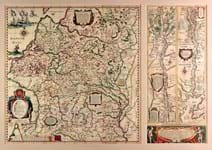Though mostly accomplished in a secretarial hand, it was signed by Hancock and at Sotheby’s New York (25/20/13/9% buyer’s premium) sold for $850,000 (£653,845).
The key words are “The Congress have judged it necessary to dissolve all connection between Great Britain, and the American colonies, and to declare them free and independent states…”
Earliest settlements
Sold at $220,000 (£169,230) was a 1627 third-issue copy in a 17th century English binding of Captain John Smith’s famous General Historie of Virginia, New England and the Summer Isles, a work originally published in this first-edition form three years earlier.
Regarded as a foundation work on English settlement in North America, including the establishment of Jamestown along with the tale of Smith’s capture and rescue through the intercession of Pocohontas, this copy once formed part of the library of the Calvert family, the original Proprietors of Maryland.
In recent times it has made auction appearances at Sotheby’s in London, where in 1985 it made £10,500, and at Christie’s New York in 2005, where as part of Jay Snider’s library it realised £130,000.
Primer position
Less than 4in (10cm) tall, an exceptionally rare copy of The New England Primer, an aid to reading skills for young children published in New York, c.1763-66, sold for $50,000 (£38,460) rather than the £2000-4000 suggested.
A work that also incorporates the ‘Assembly of Divines’ Catechism’, it showed some staining and browning and a few leaves were shaved or worn with some loss of text, but only one other copy is recorded –and that in an auction of 1917.
Revered name
Even smaller was a late 18th century watch paper, an example of the decorative round pieces of paper that were placed inside pocket watches to protect the mechanism from dust and on the back of which, as here, one might make a note of when the timepiece was last cleaned – in this instance in 1825 at a cost of $1.25.
This example was removed from a watch made by Aaron Willard, a well-known Boston clockmaker, but it was the fact that it was one engraved by the legendary silversmith, engraver and patriot Paul Revere that mattered. It sold at $5000 (£3845).















